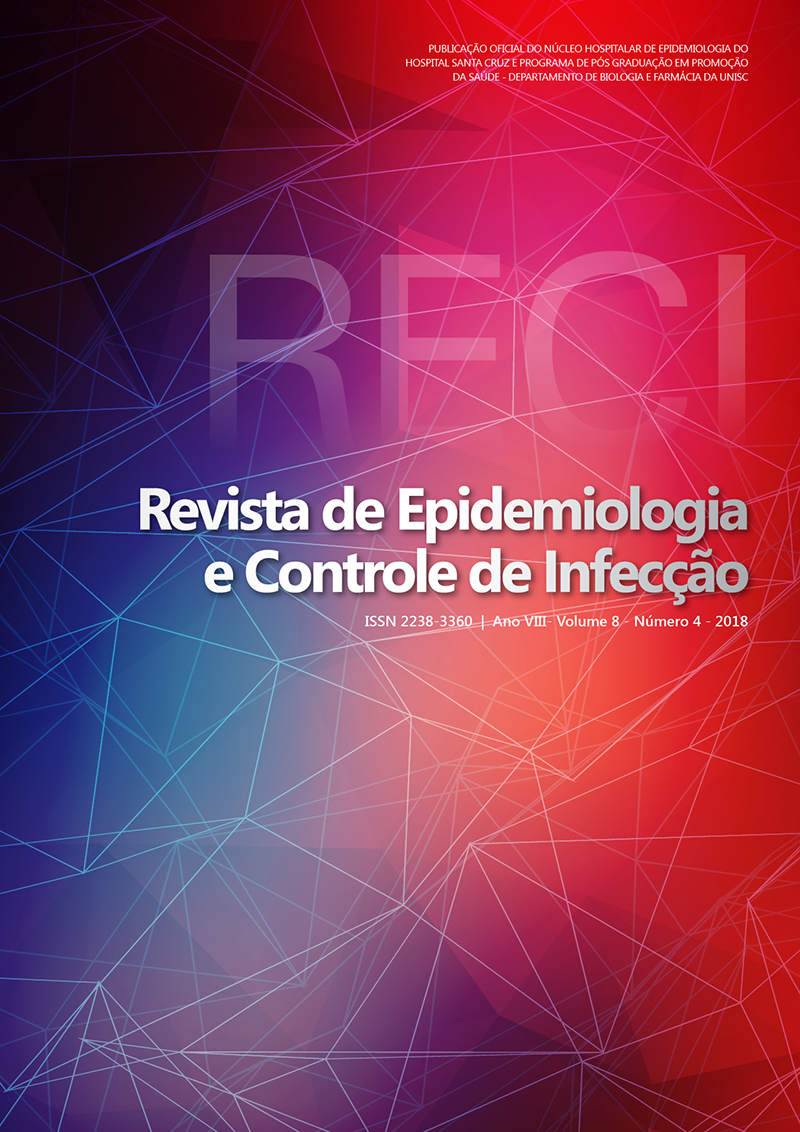Antimicrobial resistance: a review of the challenges in the search for new treatment alternatives
DOI:
https://doi.org/10.17058/reci.v8i4.11580Abstract
Background and objective: The antimicrobials correspond to a class of drugs worldwide used in the treatment of numerous pathologies triggered by microorganisms. In recent years, due to the increase in bacterial resistance, mainly by potentially harmful pathogens for health, the need for the search for new substances has been gradually awakened in order to contain the infections triggered in hospital settings and in the community. Therefore, the challenge is the search for new research regarding the new substances with antimicrobial activities or under the investigation that demonstrated a remarkable effectiveness when tested against the bacteria, comparing them to those already employed. Content: The bibliographic review, relevant to the subject, based on articles published in the journals indexed in Scielo, Science Direct, Bireme, Medline and Pubmed, pointed out new studies and evidenced that there are new substances in development or already available with significant antimicrobial activity capable of reducing , selectively, some emerging or multiresistant microorganisms in a short period of time, as well as in the long term. Conclusion: Since new natural sources are being explored and may contribute to the synthesis of new drugs with antimicrobial properties, new antimicrobial agents can be inserted in the market and clinical practice.Downloads
Downloads
Published
How to Cite
Issue
Section
License
The author must state that the paper is original (has not been published previously), not infringing any copyright or other ownership right involving third parties. Once the paper is submitted, the Journal reserves the right to make normative changes, such as spelling and grammar, in order to maintain the language standard, but respecting the author’s style. The published papers become ownership of RECI, considering that all the opinions expressed by the authors are their responsibility. Because we are an open access journal, we allow free use of articles in educational and scientific applications provided the source is cited under the Creative Commons CC-BY license.


